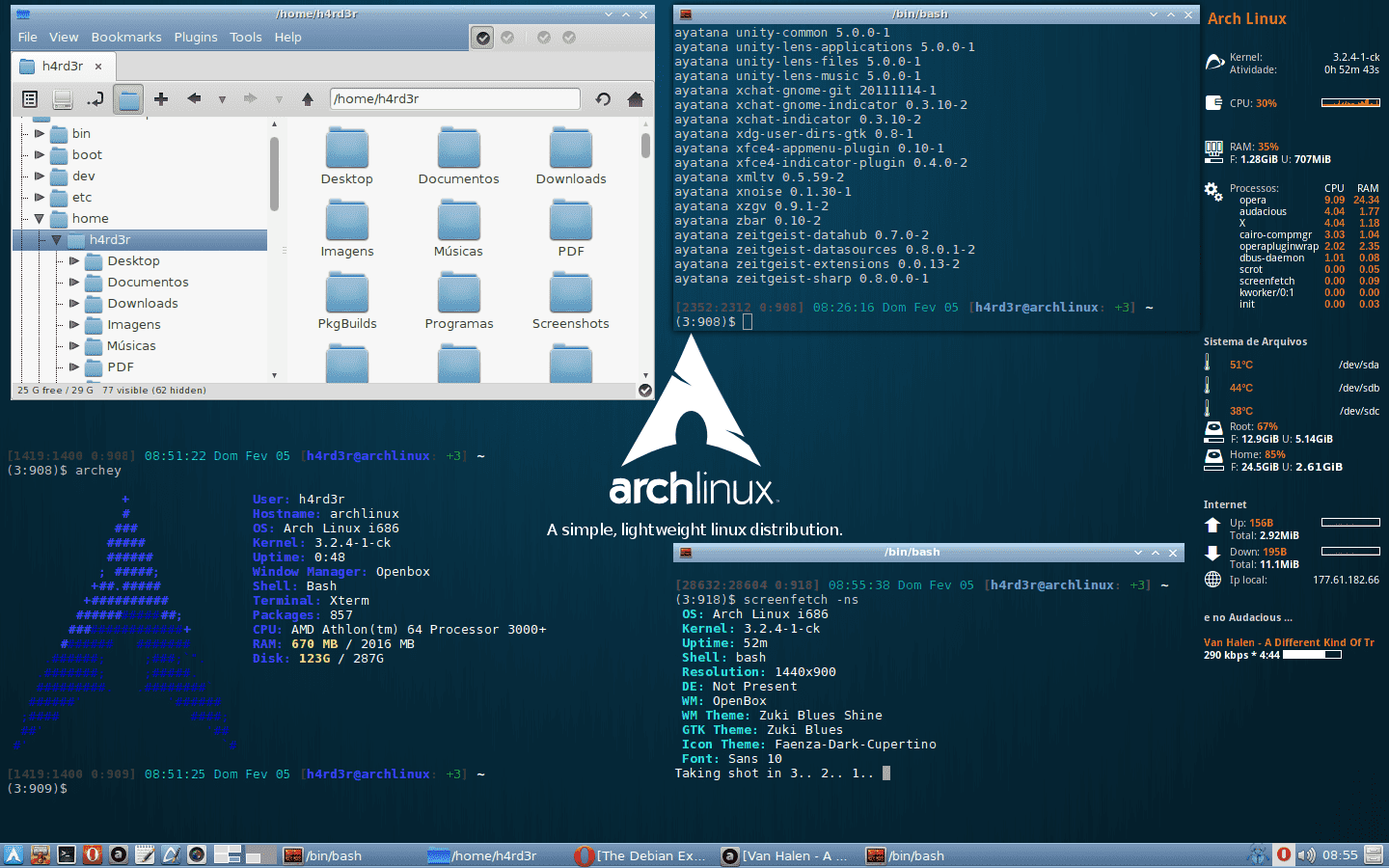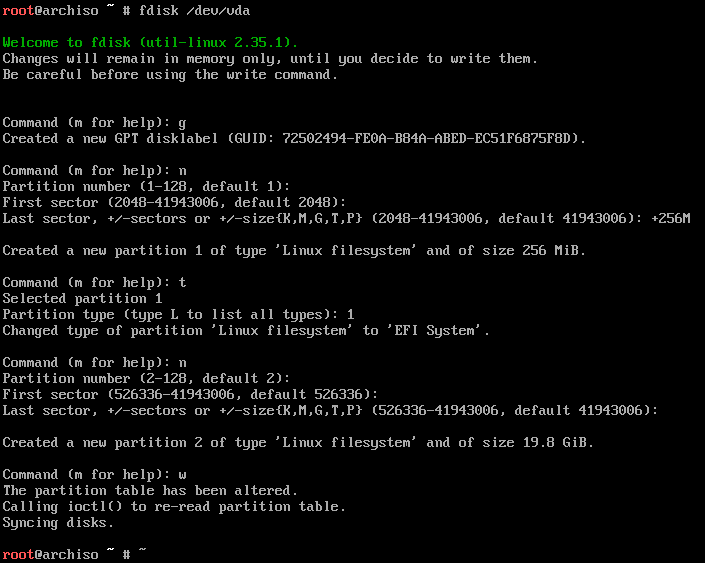
The resolver provides hostname resolution using a " hostname.local" naming scheme.

Systemd-resolved is capable of working as a multicast DNS resolver and responder. Wireshark can be used for more detailed packet inspection of DNS over TLS queries. The command ngrep port 53 should produce no output when a hostname is resolved with DNS over TLS and ngrep port 853 should produce encrypted output. Ngrep can be used to test if DNS over TLS is working since DNS over TLS always uses port 853 and never port 53. If the used DNS server does not support DNS over TLS, systemd-resolved will fall back to regular unencrypted DNS. Alternatively, it is possible to use DNS over TLS only if the server supports it with DNSOverTLS=opportunistic.With DNSOverTLS=yes, the DNS server used must support DNS over TLS.To enable validation of your DNS provider's server certificate, include their hostname in the DNS setting in the format ip_address# hostname. To enable it change the DNSOverTLS setting in the section in nf(5). Data is authenticated: yes Data was acquired via local or encrypted transport: noĭNS over TLS is disabled by default. Information acquired via protocol DNS in 122.2ms. $ resolvectl query badsig.go.dnscheck.tools badsig.go.dnscheck.tools: resolve call failed: DNSSEC validation failed: invalid Test DNSSEC validation by querying a domain with a invalid signature: If the DNSSEC option is set to true, then DNS resolution will stop working entirely. systemd-resolved may disable DNSSEC after a few unsuccessful validations.systemd issue 10579), you can explicitly disable systemd-resolved's DNSSEC support by setting DNSSEC=false. If your DNS server does not support DNSSEC and you experience problems with the default allow-downgrade mode (e.g.To use it, replace /etc/nf with a symbolic link to it: This is the recommended mode of operation that propagates the systemd-resolved managed configuration to all clients. run/systemd/resolve/nf contains the local stub 127.0.0.53 as the only DNS server and a list of search domains. the stub mode which uses /run/systemd/resolve/nf. We will focus here only on the recommended mode, i.e. They are described in systemd-resolved(8) § /ETC/RESOLV.CONF.
Arch linux monitor eth0 software#
To provide domain name resolution for software that reads /etc/nf directly, such as web browsers and GnuPG, systemd-resolved has four different modes for handling the file-stub, static, uplink and foreign.

Software that relies on glibc's getaddrinfo(3) (or similar) will work out of the box, since, by default, /etc/nf is configured to use nss-resolve(8) if it is available.

Tip: To understand the context around the choices and switches, one can turn on detailed debug information for systemd-resolved as described in systemd#Diagnosing a service.


 0 kommentar(er)
0 kommentar(er)
